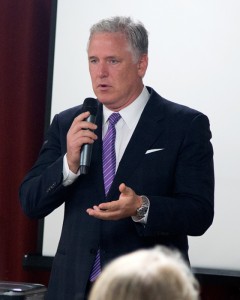Monday, September 15, 2014

It was standing room only for the election forum, which featured the first joint appearance of the two candidates for BART Board of Directors, District 8: incumbent James Fang and Nick Josefowitz.
Fang touted his 24-year record. Josefowitz attacked it. Neither candidate mentioned the recent BART strike or the issue of labor relations until a question was asked on the subject. The candidates agreed that BART workers should have the right to strike, that the strike should and could have been avoided, and that strikes can be avoided in the future with earlier involvement by the Board, though neither specified what that involvement should be. Fang said he had opposed what he said were the efforts of much of the Board to break the union and that the strike would not have happened had the Board listened to him. He did not specify what should have been done or what his proposals would have cost. He said he had opposed the Board’s request for $160 million in givebacks from the union.
Fang offered a three-point program for the future: extending BART to Ocean Beach; seismic retrofitting; and rehabilitating the fleet of cars. Josefowitz questioned why in 24 years BART had not been extended to the beach. He advocated housing construction on the car parks BART owns near its stations. Fang said that BART had a development plan for such construction but that the concerns of local municipalities had delayed it. Neither candidate said how those concerns could be met. Josefowitz said BART stations were poorly maintained, with broken elevators and escalators, and vowed if elected to sweep a station on his first day in office. He did not explain how that would improve matters. Fang said BART had accumulated a $300 million surplus in the last four years and would use that money to buy new elevators and escalators. He did not explain why they had been continually broken, except to say that they were heavily used. Josefowitz said that BART should be but was not a world-class transportation system.
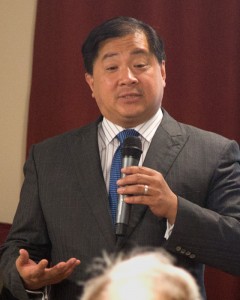
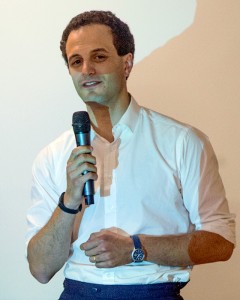
We heard from three candidates for the School Board: incumbent Emily Murase and first-time candidates Trevor McNeil and Jamie Wolfe, both teachers.
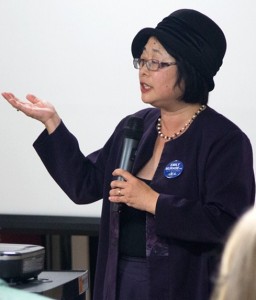
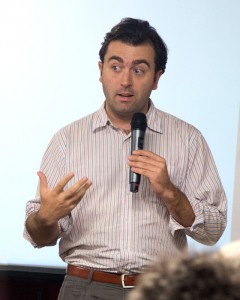
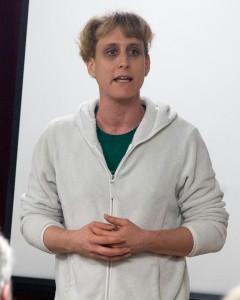
Peter Cohen, a proponent of Proposition G, said it would impose a stiff tax on resales of certain buildings within five years of purchase. He said the measure was necessary to discourage “flipping,” which often leads to evictions and loss of rental units. Jason Cheng, an opponent of the measure, said it was defective because it fails to exempt current in-law units or make an exception for situations in which the owner is compelled to sell.
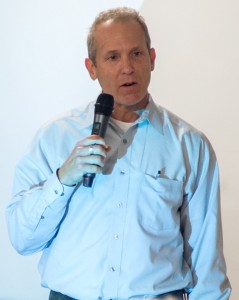
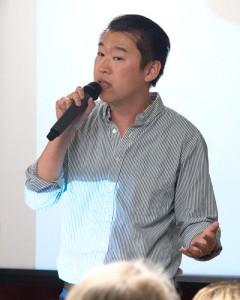
Mike Murphy and Patrick Hannon debated the already much-debated issue of natural grass vs. artificial turf and no lights vs. lights for the athletic fields in the western part of Golden Gate Park. An informal poll of the audience showed that one person was undecided on the issue.
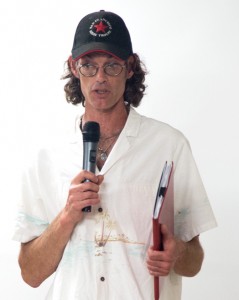
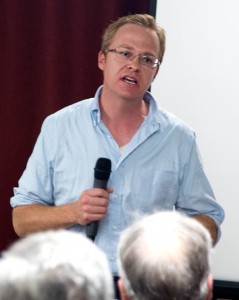
Connie Ford (pro) and Henry Karnilowicz (con) debated Proposition J, a proposal to increase the minimum wage in San Francisco from the current $10.74 per hour to $15 in three years. Ford said it would help the city’s economy by “putting money into the city.” Kamilowicz said it would hurt the economy by forcing small businesses to close and eliminating entry level jobs.
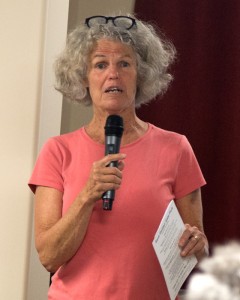
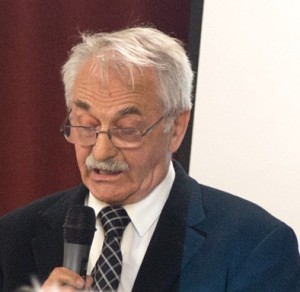
John Dennis, who is also running for Congress against Nancy Pelosi, opposed Proposition K, a nonbinding policy statement that by 2020 the city should help to build or rehabilitate 30,000 homes, of which at least 50% would be affordable for middle-class households and at least 33% would be affordable for low- and moderate-income households. The proposition passed.
